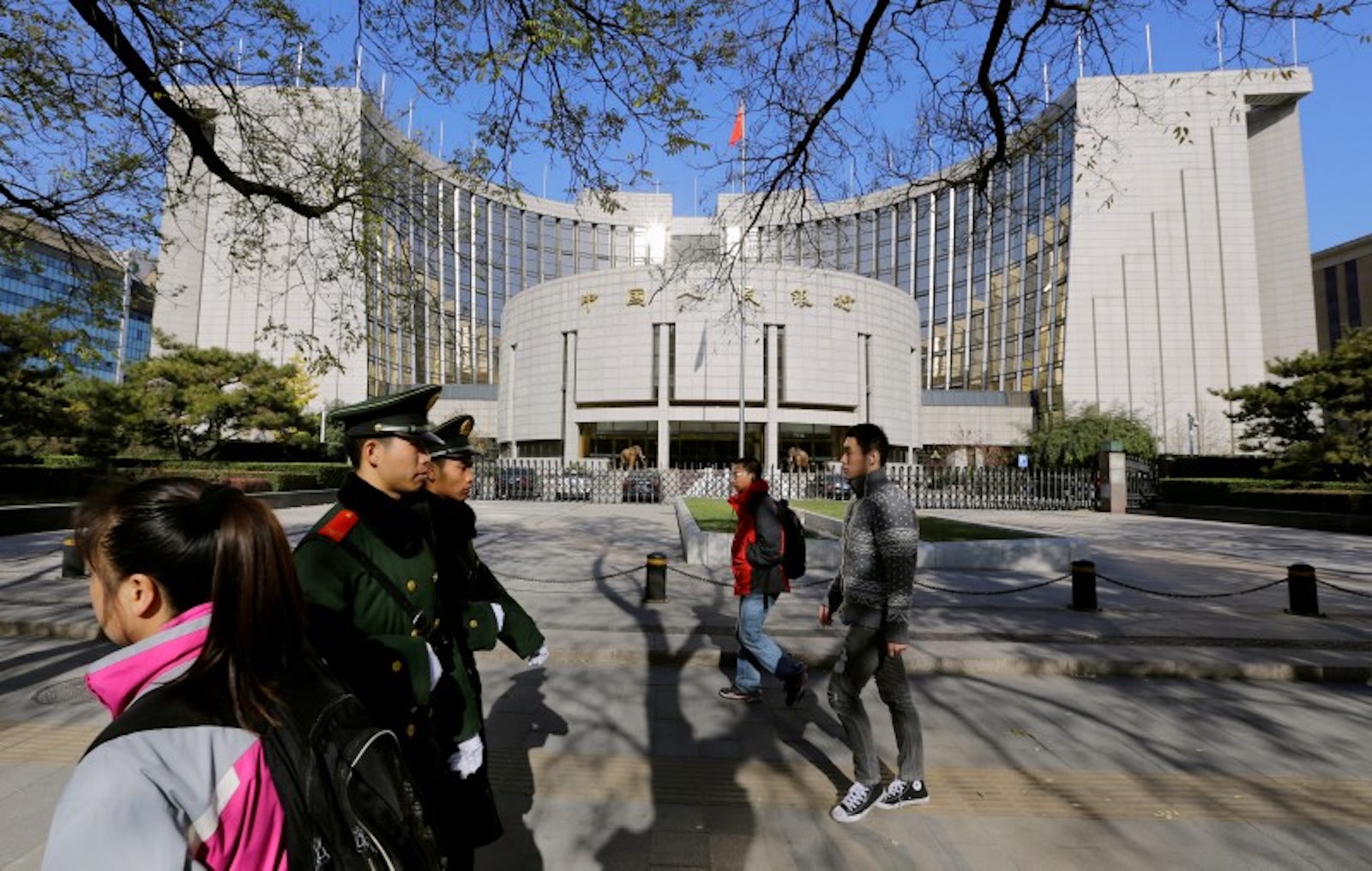(ATF) A statement released by the central bank on Sunday showed that China issued bonds worth 12 trillion yuan (about $1.7 trillion) in the first quarter, an increase of 14% year-on-year.
The total balance was 103 trillion yuan, an increase of 4% from the end of the previous year.
At the same time, 26 foreign institutions were added to the interbank bond market in the first quarter, and the net increase in foreign institutions’ holdings was 59.07 billion yuan.
Among the bonds issued, corporate credit bonds totalled 3 trillion yuan, an increase of 35% year-on-year, while the net financing scale exceeded 1.7 trillion yuan, an increase of more than 800 billion yuan year-on-year. The volume and scale of net financing were all at historically high levels.
SMEs and private enterprises issued about 210 billion yuan of bonds, an increase of 50% year-on-year; the net financing scale was about 93 billion yuan, a record high in nearly three years.
And as the scale of bond issuance increases, the cost of bond financing is decreasing, Sina Finance reported.
Since the beginning of this year, the central bank has issued a number of measures to ensure that liquidity is in adequate supply and the market interest rate has dropped further. Against this backdrop, corporate bond financing costs continue to fall.
The “CCB-Wind Inter-Bank Issuance Index”, which reflects the level of financing costs in the bond market, shows that bond issuance costs declined steadily in the first quarter, then rebounded slightly after reaching a low in mid-March, and are now fluctuating in a 3-point range.
The scale of subsequent bond financing looks set to further increase under the current policies, so financing costs are expected to be drop further.
Small and micro-loans
An executive meeting of the State Council held recently ordered supporting financial institutions to issue 300 billion yuan of small and micro financial bonds, all of which will be used to issue small and micro loans. The finance institutions will guide the net financing of corporate credit bonds to increase by 1 trillion yuan over the previous year, and broaden the channels for low-cost financing for private and small and medium-sized enterprises.
Wen Bin, the chief researcher of China Minsheng Bank, noted that the “1 trillion yuan” initiative helps to optimize the corporate financing structure, and the current market interest rates are gradually declining, while the credit bond issuance interest rate is also declining, which helps reduce corporate financing costs.
Popular with foreign investors
As China opens its bond markets to the outside world, data released by the central bank showed that 26 foreign legal institutions were added to the inter-bank bond market.
As of the end of March, some 822 foreign institutional investors entered the interbank bond market. They hold bonds worth a total 2.26 trillion yuan.
Data released recently by the Central China Depository and Clearing Co Ltd (CCDC) also confirms the trend of foreign capital holdings of Chinese bonds.
According to its data, the amount of bond held by foreign institutional investors in March was 1,957.817 billion yuan, an increase of 6.217 billion yuan from February. This is the 16th consecutive month that foreign investment holdings has risen.
Meanwhile, the coronavirus epidemic has impacted the real economy, and the market has also paid considerable attention to the problem of defaults in the bond market.
Bond market ‘stable’
Earlier, Chen Yulu, deputy governor of the central bank, said: “From the current situation, the occurrence of the epidemic did not directly lead to an increase in the default rate of China’s bond market, and the external shocks of the turmoil in the international financial market did not cause huge fluctuations in China’s bond market. Therefore, the operation of China’s bond market is generally stable.”
Statistics show the scale of defaults in the bond market has remained at a normal level since February, and the number of companies that defaulted for the first time decreased significantly over the same period last year.
Since the outbreak, the Interbank Market Dealers Association has done work in three areas, the establishment of a “green channel” – fast track – for bond issuance and registration, especially for companies more affected by the coronavirus epidemic, will provide quick services in the issuance process to effectively resolve the possible connection risks of corporate funds. In February, the scale of corporate bond issuance was 750 billion yuan, which was more than double the size of the same period last year.
The Interbank market is also becoming more convenient, or user friendly. The issuance of corporate bonds requires, on the one hand, the validity period of registration and filing to be extended, and at the same time, the relevant fees for registration, trading and custody of bond issuances shall be reduced or exempted.
The third move is to take a variety of measures to try to resolve possible default risks in advance. On the basis of adhering to the principles of marketization and rule of law, financial institutions will carry out work such as the renewal and replacement of bonds for enterprises in need, so as to resolve the risk of default in advance. Since February, about 5.1 billion yuan of bonds have been diversified in the interbank market.
With this growing sophistication, China’s bond markets are ranked second in the world in terms of volume.
























